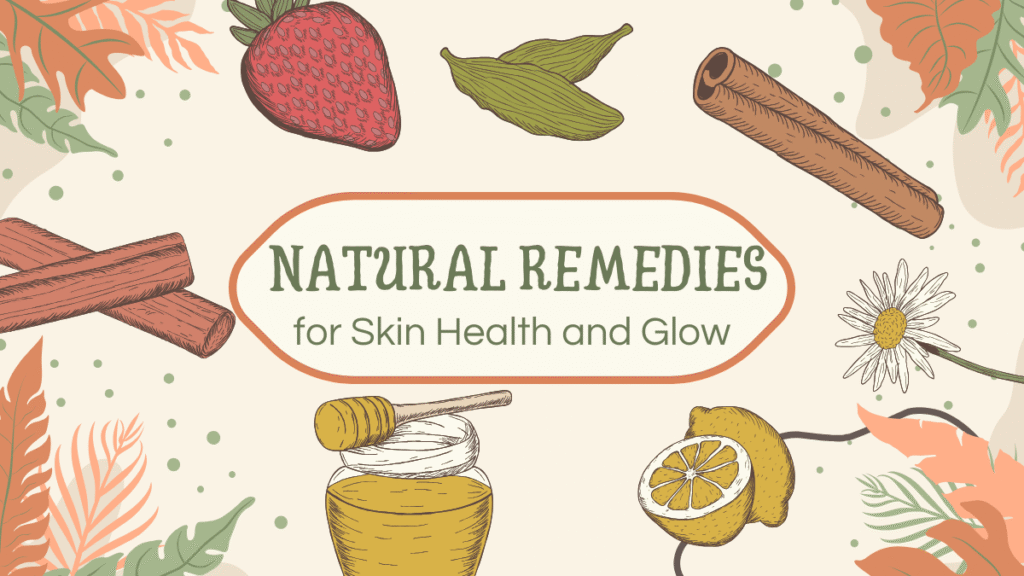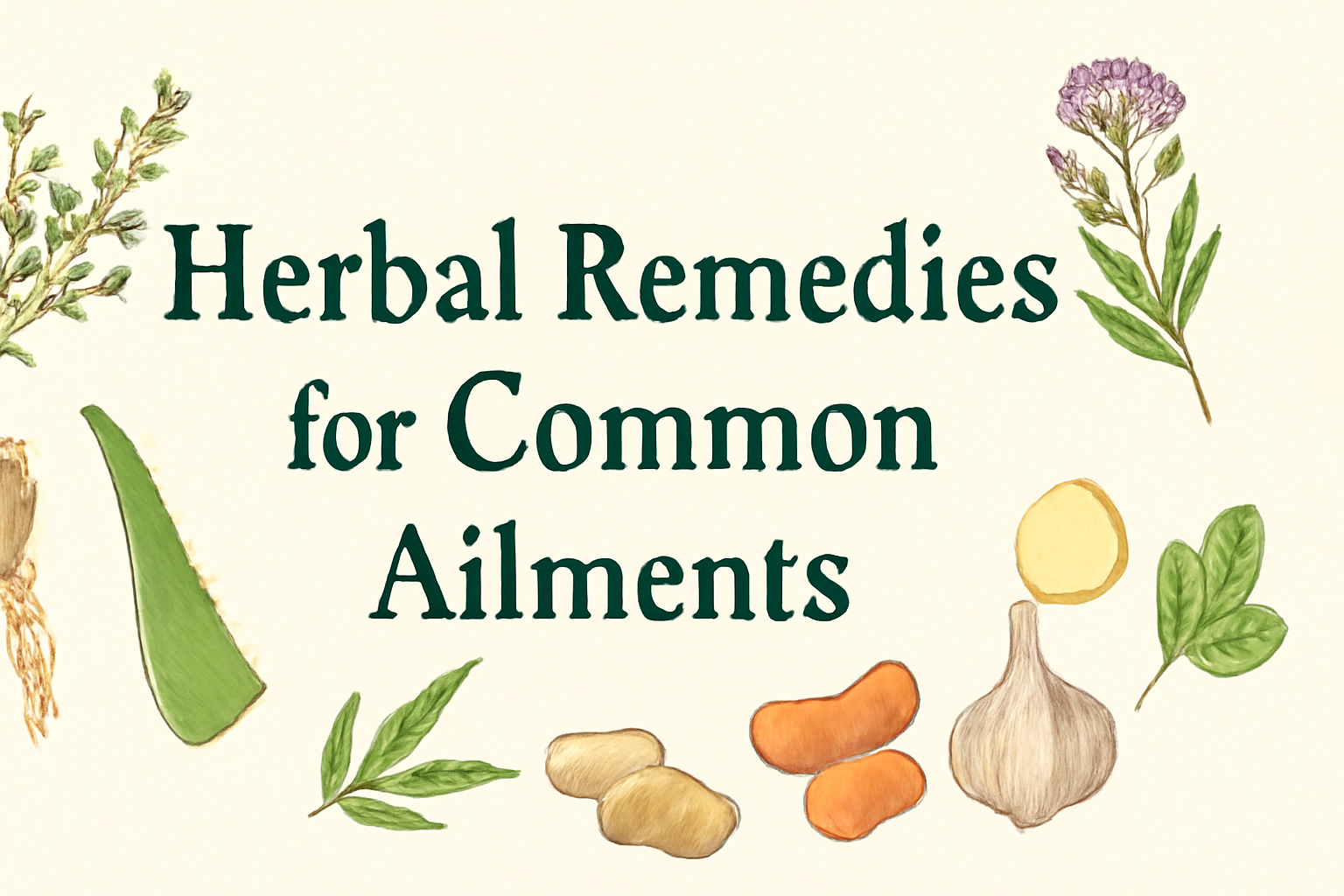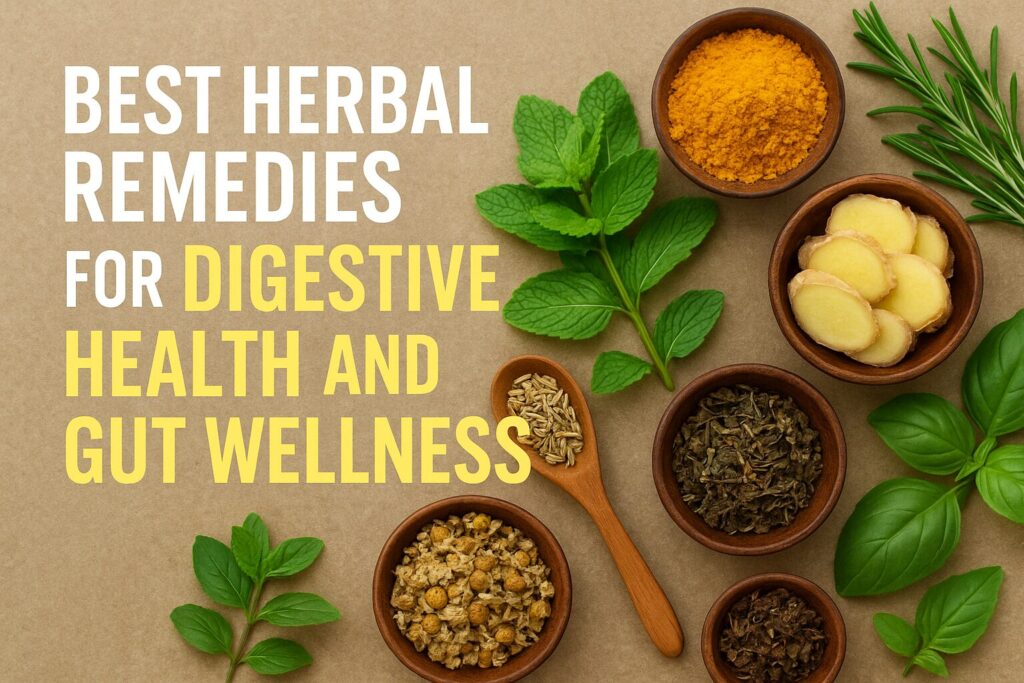In an age where skincare aisles are overflowing with complex chemical formulations, a timeless tradition continues to hold its ground: the use of herbal remedies for skin. For centuries, cultures across the globe have turned to the botanical world to heal, soothe, and enhance the skin’s natural beauty. These natural powerhouses offer a gentle yet effective approach to achieving a healthy, radiant complexion.
This comprehensive guide delves into the world of herbal skincare, exploring the science behind popular herbal remedies for skin, their specific benefits, and how you can incorporate them into your daily routine. We’ll also integrate expert insights to ensure you are navigating your natural skincare journey with knowledge and safety.
Understanding the Philosophy Behind Herbal Skincare
Herbal skincare is rooted in the principle of working in harmony with the skin’s biology. Unlike some harsh synthetic ingredients that can strip the skin’s natural oils, many herbal remedies for skin are known for their nourishing, anti-inflammatory, and antioxidant properties. They support the skin’s barrier function, combat environmental damage, and address issues like acne, dryness, and aging from within.
As Dr. Anya Sharma, a board-certified dermatologist and author of “The Botanicals & The Body,” explains, “Plants produce a vast array of phytochemicals—like flavonoids, tannins, and terpenes—to protect themselves from the sun, pests, and disease. When we use these plants on our skin, we can harness some of these protective and regenerative benefits. The key is to understand which herb is right for your specific skin concern.”
Top Herbal Remedies for Skin: From Tradition to Science
Let’s explore some of the most potent and well-researched herbal remedies for skin health and glow.

1. Aloe Vera: The Soothing Healer
Benefits: Aloe Vera is arguably the most famous of all herbal remedies for skin. Its clear gel is packed with water, vitamins, minerals, amino acids, and enzymes. It is profoundly hydrating, cooling, and anti-inflammatory.
- For Skin Glow: Its high water content provides an instant hydration boost, plumping up the skin and giving it a dewy look.
- How to Use: Apply fresh aloe gel directly from the plant onto cleansed skin as a moisturizer. It’s excellent for calming sunburns, reducing redness, and healing minor cuts.
>> Similar Post: Effective 7 Natural Remedies for Ear Infections
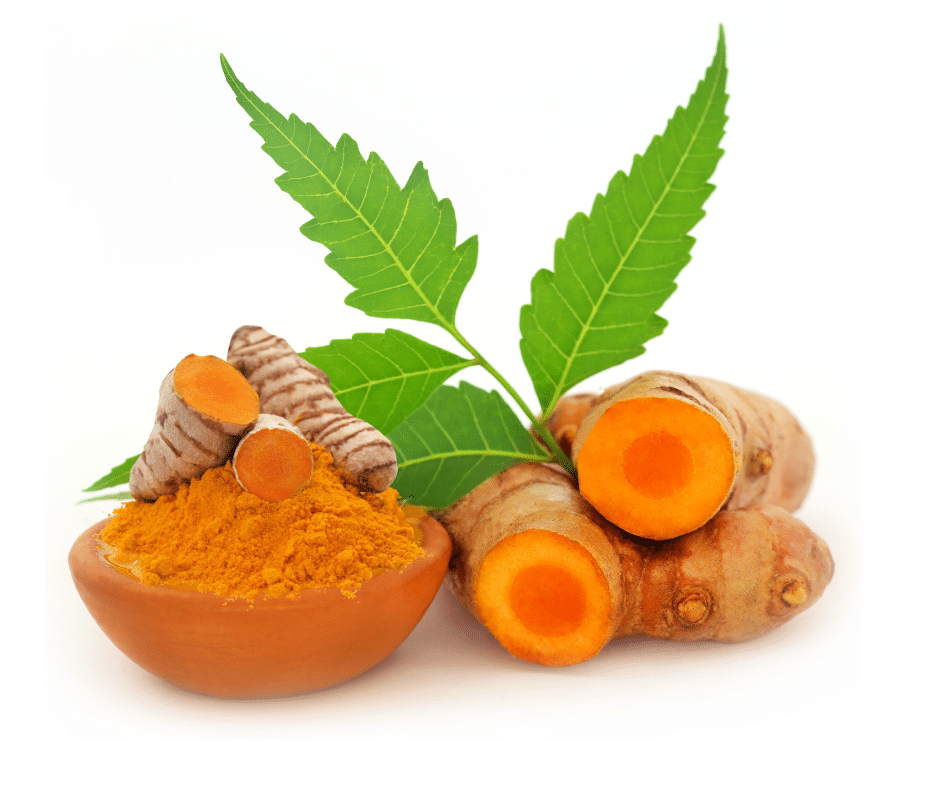
2. Turmeric (Curcuma longa): The Golden Anti-Inflammatory
Benefits: The active compound in turmeric, curcumin, is a powerful antioxidant and anti-inflammatory agent. It has been a cornerstone of Ayurvedic herbal remedies for skin for millennia.
- For Skin Glow: Turmeric helps brighten the skin, reduce hyperpigmentation, and impart a natural glow by improving blood circulation to the skin.
- How to Use: Create a paste with turmeric powder, chickpea flour, and yogurt or honey for a brightening face mask. A word of caution: use sparingly, as it can temporarily stain very fair skin.
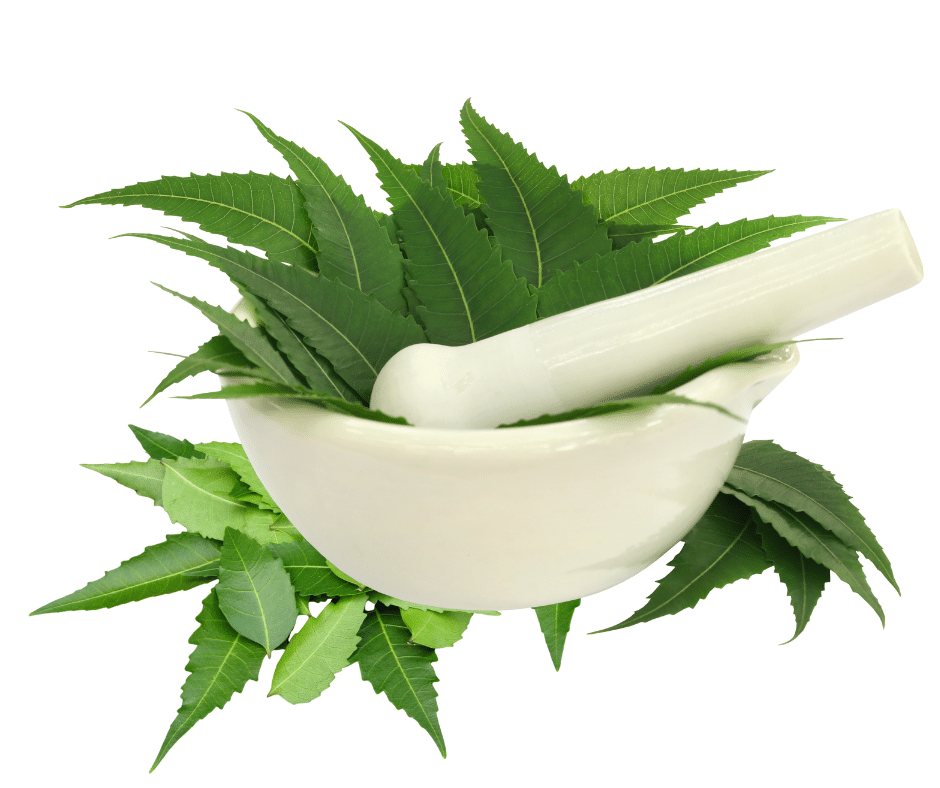
3. Neem (Azadirachta indica): The Purifying Powerhouse
Benefits: Neem is a potent antibacterial and antifungal herb. It is exceptionally effective against acne-causing bacteria, making it a go-to remedy for blemish-prone skin.
- For Skin Glow: By purifying the skin and combating acne, neem helps achieve a clearer, more even-toned complexion, which is the foundation of a natural glow.
- How to Use: Boil neem leaves in water, let it cool, and use the water as a toner. You can also find neem oil or paste to apply directly to active breakouts.
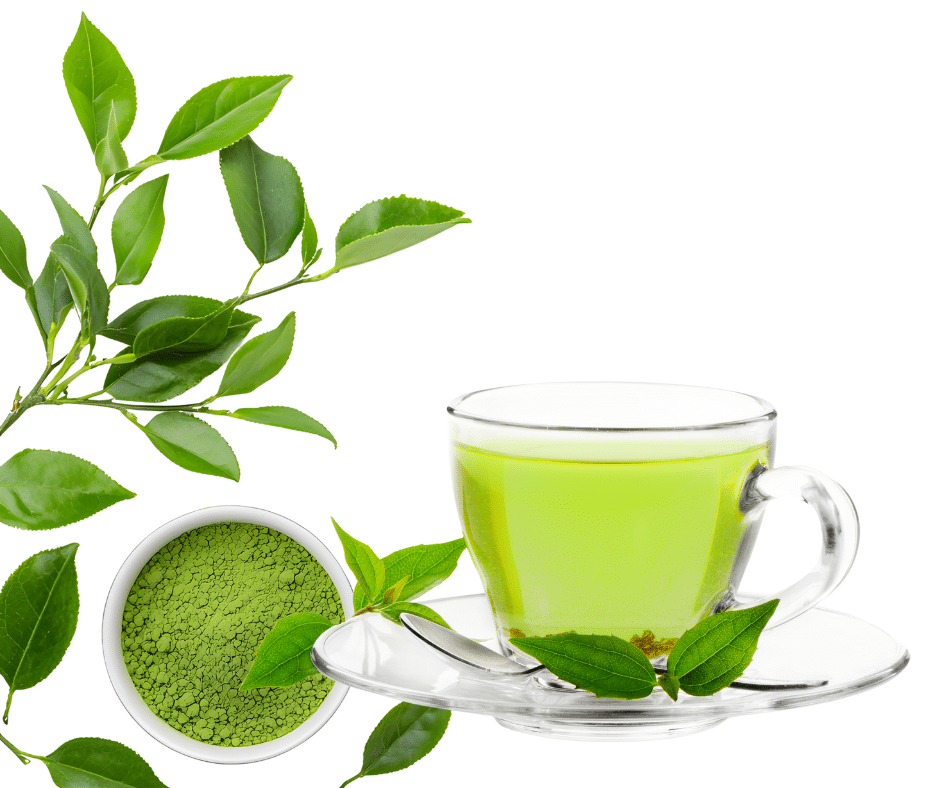
4. Green Tea (Camellia sinensis): The Antioxidant Shield
Benefits: Rich in polyphenols, particularly EGCG, green tea is a formidable antioxidant. It helps protect the skin from free radical damage caused by UV rays and pollution, which are primary drivers of premature aging.
- For Skin Glow: Its anti-inflammatory properties reduce redness and irritation, while its antioxidants help maintain skin elasticity and a youthful appearance.
- How to Use: After drinking your green tea, save the cooled tea bags and place them on your eyes to reduce puffiness. You can also brew a strong cup, let it cool, and use it as a refreshing facial mist.
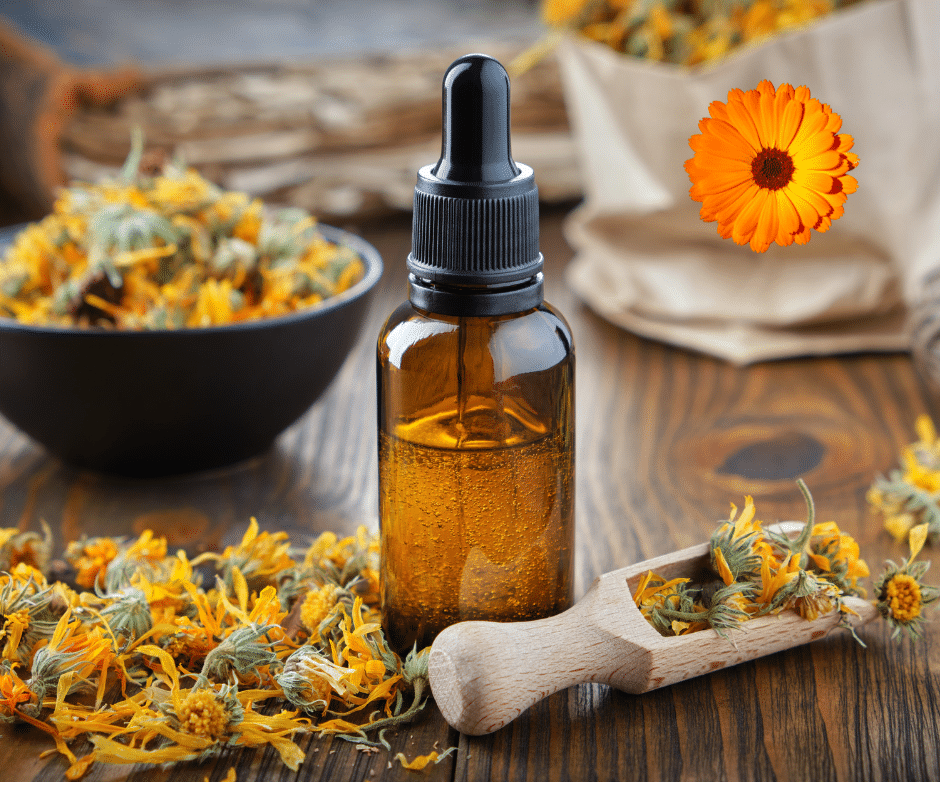
5. Calendula (Calendula officinalis): The Gentle Soother
Benefits: Calendula, or marigold, is renowned for its healing and soothing properties. It is incredibly gentle, making it suitable for sensitive, irritated, or even eczema-prone skin.
- For Skin Glow: By calming inflammation and supporting the skin’s healing process, calendula helps restore the skin’s healthy, smooth texture.
- How to Use: Look for creams, ointments, or facial oils infused with calendula extract. You can also brew calendula tea and use it as a calming compress.
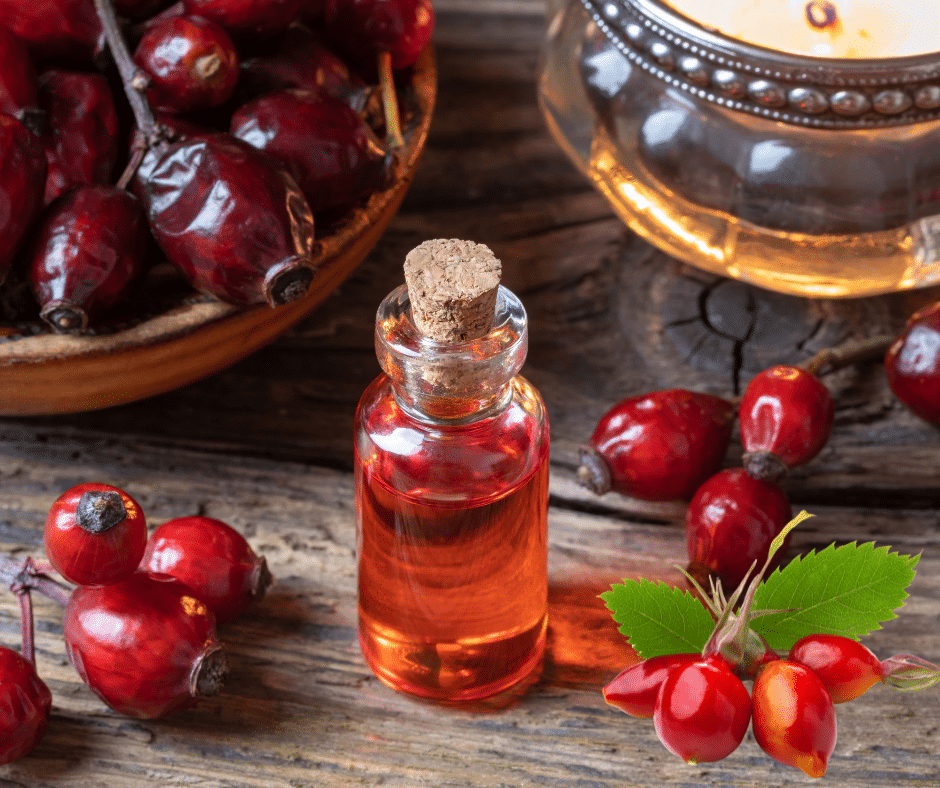
6. Rosehip Oil: The Regenerative Elixir
Benefits: Pressed from the seeds of rose bushes, rosehip oil is a dry oil rich in essential fatty acids, antioxidants, and Vitamin A (in the form of beta-carotene, a precursor to retinol). It is a fantastic herbal remedy for skin scarring and aging.
- For Skin Glow: It improves skin texture, fades scars and dark spots, and provides deep hydration without clogging pores, leading to a more refined and radiant complexion.
- How to Use: Apply a few drops of cold-pressed rosehip oil to damp skin after cleansing, both morning and night.

7. Gotu Kola (Centella asiatica): The Barrier Repairer
Benefits: A star ingredient in Korean skincare, Gotu Kola is packed with compounds called triterpenoids that are known to boost collagen production and strengthen the skin’s barrier.
- For Skin Glow: A strong skin barrier is essential for hydrated, plump, and glowing skin. Gotu Kola helps heal wounds, soothe inflammation, and improve skin elasticity.
- How to Use: Look for serums, creams, or sheet masks that list Centella Asiatica, Madecassoside, or Cica as a key ingredient.
Incorporating Herbal Remedies into Your Routine: A Practical Guide
Adopting herbal remedies for skin doesn’t require a complete overhaul of your routine. Start slowly:
- Patch Test First: Before applying any new herbal preparation to your face, do a patch test on the inside of your elbow or behind your ear. Wait 24 hours to check for any adverse reaction.
- Start with One Herb: Introduce one new herbal remedy at a time to see how your skin responds.
- Choose Quality: Whether you’re using fresh plants, powders, or store-bought products, ensure they are sourced from reputable, organic suppliers to avoid pesticides and contaminants.
- Consistency is Key: Natural remedies often work gradually. Be patient and consistent with your application to see the best results.
Dr. Benjamin Lee, a naturopathic physician specializing in dermatology, advises, “While herbal remedies for skin can be incredibly effective, they are not a substitute for medical treatment for serious skin conditions like severe acne, psoriasis, or melanoma. Always consult with a healthcare provider for a proper diagnosis. Furthermore, remember that ‘natural’ does not automatically mean ‘safe for everyone.’ Individual allergies can exist.”
Frequently Asked Questions (FAQs)
Q1: Can herbal remedies for skin completely replace my current skincare products?
A: It depends on your skin’s needs and the products you use. Many people successfully build a routine around natural and herbal products. However, certain clinically proven ingredients like broad-spectrum sunscreen, vitamin C, and prescription retinoids have strong scientific backing. A hybrid approach is often most effective.
Q2: Are there any side effects of using herbal remedies on the skin?
A: Yes, potential side effects include allergic reactions, skin irritation, and photosensitivity (increased sensitivity to the sun). Some herbs can interact with medications. This is why patch testing and consulting a doctor, especially if you have a pre-existing condition, is vital.
Q3: How long does it take to see results from using herbal skincare?
A: Unlike some clinical treatments that offer quick results, herbal remedies often work by supporting the skin’s long-term health. You may see initial improvements in hydration and calming within days, but significant changes in texture, tone, and acne may take 4 to 8 weeks of consistent use.
Q4: Can I use these herbal remedies if I have sensitive skin?
A: Many herbs like aloe vera, calendula, and chamomile are excellent for sensitive skin due to their soothing properties. However, every individual is different. Always start with a patch test, and avoid potentially irritating herbs like raw turmeric or strong essential oils if you know your skin is reactive.
Q5: Where is the best place to source high-quality herbal ingredients?
A: Look for reputable health food stores, organic suppliers, and brands that are transparent about their sourcing. For fresh herbs, consider growing your own (like aloe vera) or visiting a local farmer’s market.
Conclusion
The journey to healthier, glowing skin doesn’t have to be complicated. Herbal remedies for skin offer a time-tested, holistic path to nourishing your complexion from the outside in. By understanding the properties of herbs like aloe vera, turmeric, and green tea, and by using them wisely and consistently, you can unlock the gentle, powerful secrets of the natural world.
Remember, the goal is not perfection, but health. Listen to your skin, seek expert advice when needed, and let the wisdom of plants guide you to your most natural glow.

